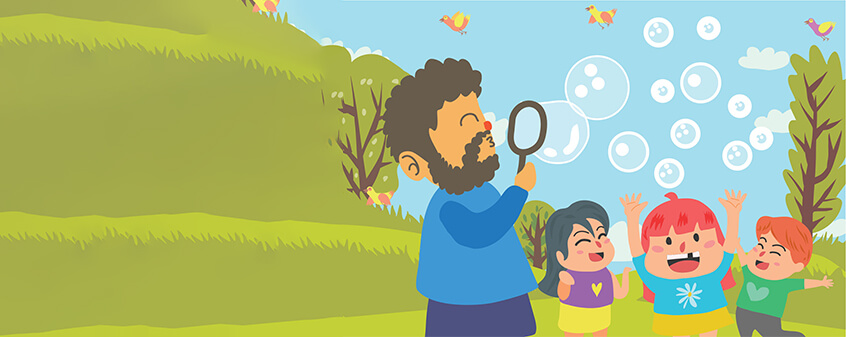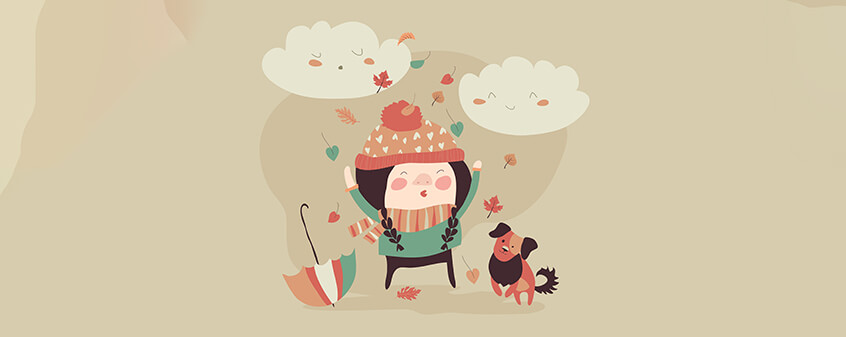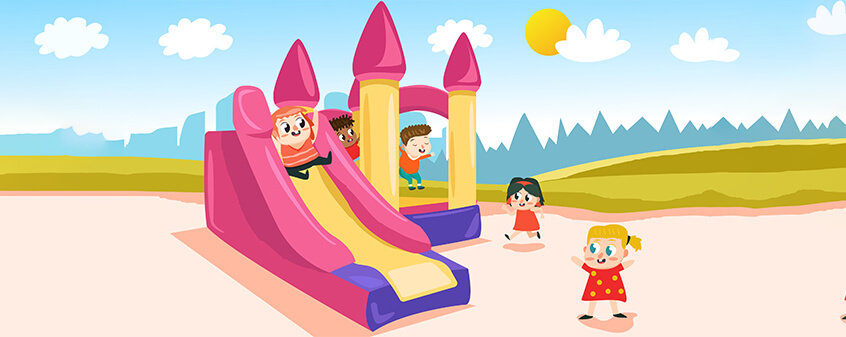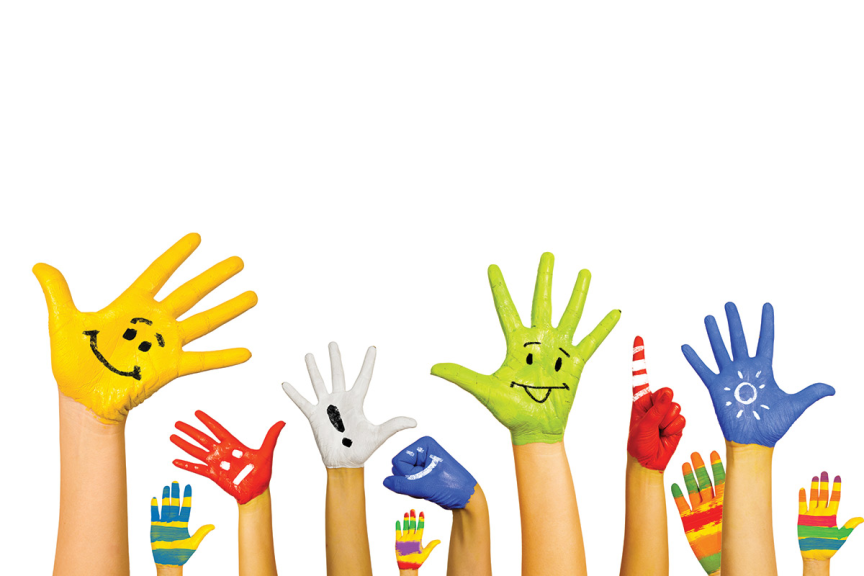‘Your children are not your children. They are the sons and daughters of Life's longing for itself. They come through you but not from you, And though they are with you yet they belong not to you.’ On children by Khalil Gibran
May 2018 is here, as we all know the second Sunday of this month is celebrated as ‘Mother’s Day’. Every year on this day we talk about Mothers and how being a mother is a 24*7 job and more cliché things. To start with I have a question for all of you - Have you ever heard people say Fatherhood is a 24*7 job? No right, then how come all the onus falls on to the mother? Parenting a child is a dual responsibility and both need to participate equally, be involved and only to a certain extent.
To me motherhood is not a job; it is about building a long lasting relationship with your children, a relationship where you let your children take the wheel and let them map out their own path. I believe you need to be there for your children and they need to be assured of it but you don’t need to be present physically at all times doing everything for your children. By doing so you are making your children dependent on you and not allowing them to think for themselves and as the quote above suggest your children are here to live their destiny, let them take their course. We need not become a ‘Helicopter Parent’ hovering over them 24*7. Studies have shown that the best way to help your children become responsible individuals is to give them more of a sense of control over their lives. However that doesn’t mean giving up your authority as a parent. The Key is to create a balance.
Society for the longest time has been programming us to believe that since fathers need to provide for their family and cannot be available at all times, mothers need to be there for their children at all times. They are expected to forget about everything and just run after taking care of their children. When a mother is involved with their children 24*7, they forget to make a life for themselves. Their life revolves around their children who become dependent on them. This is the case especially with the children in the East. Let’s look at the differences; there is a stark difference in the parenting styles of the East and West. The Eastern helicopter parent stands out in variance to the more relaxed Western parent. Amy Chua’s Battle Hymn of the Tiger Mother is in sharp contrast with Bryan Caplan’s Selfish Reasons to Have More Kids. While Amy advocates strict discipline and little scope for a democratic approach, Caplan’s model calls for getting kids to learn from examples and not by them. Most Asian parents may find themselves agreeing with Amy Chua—advocating hard work and rigorous discipline, while the Western world finds its voice in Caplan.
Some of the longstanding myths that societies like to perpetrate have been completely negated by studies undertaken abroad, which have found that not only is there no developmental impact on children of mothers who are not around at all times, the strength of the relationship is also not compromised as long as the mother spends some quality time every day. The more important factors that contribute towards the child's well-being are the mother's personality and her beliefs—the quality of time, as against the quantity of time, that she spends with her child. Staying home is not the issue; staying with the child is. It has been found to be true that more working mothers spend time with their children on their days off and they prefer to spend less time on household chores and other activities where the children are not involved.
When talking about the impact on children of stay-at-home mothers VS mothers who are not involved 24*7, let us talk about how they view discipline differently. Mothers who are full-time homemakers are more likely to use either a demanding or a lenient parenting style than those who are working, according to psychologist Lois W. Hoffman, University of Michigan, co-author of Mothers at Work: Effects on Children's Well-Being. On the other hand, working mothers are more likely to use an approach that relies on reason, trust and convincing rather than use of assertive parental power. As compared to their stay-home counterparts, working mothers are found to "differentiate less between sons and daughters in their discipline style and (also) in their goals for their children
Apart from this, psychologists have discovered that working mothers demonstrate more affection—hugs, kisses, and verbal forms of affection—towards their children than those mothers who don't work out of home.
An indirect impact of the working mother is the father's increased involvement with the family, as a result of which, daughters "do better on achievement tests, have less stereotypical attitudes about the competencies of men vs. women, and have a greater sense of personal effectiveness." In all the studies, researchers observed that children of working mothers did better in reading, math and science.
The debate on whether mothers should set out of homes to work and if at all it affects children adversely will go on forever, and we may choose to agree or disagree with what people and studies have to say. Nevertheless, it is difficult to ignore the contributions of working mothers. Their confidence and independence rubs off on their children in great measure.
Parenting a global citizen requires a global approach. The future is as unknown to a parent as it is to a child. Experiences of our parents and grandparents may not suffice as they were parenting for stability and conformity. What worked for your parents may not work for you! We are parenting for non-conformity. Today, parenting needs to be customized and personalized. Thus, there is no sure shot formula. It is a combination of family background, financial strength, social orientation, but, most importantly, the beliefs of the parents. So while you may let your kids choose their books, games, food, and clothes, you may find the need to regulate social manners and safety concerns. Teaching kids to have appropriate social behaviour has always been the prerogative of a parent. Motherhood is a matter of walking the tight rope—being both taut and subtle and no child is born with a manual – parenting is intuitive.
Mothers having their own pursuits – professional or personal hobbies etc. Will also help them cope with the empty nest syndrome once the children have flown away








